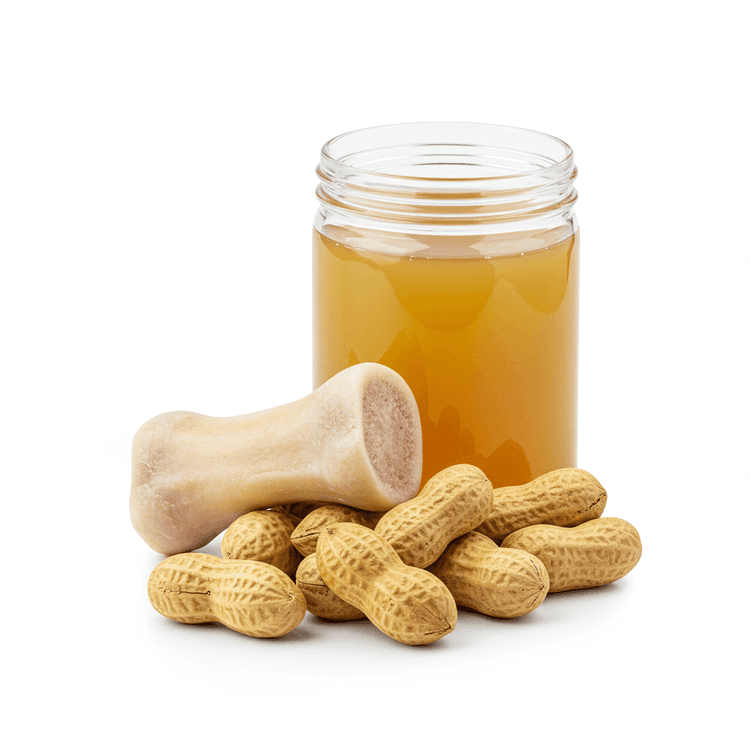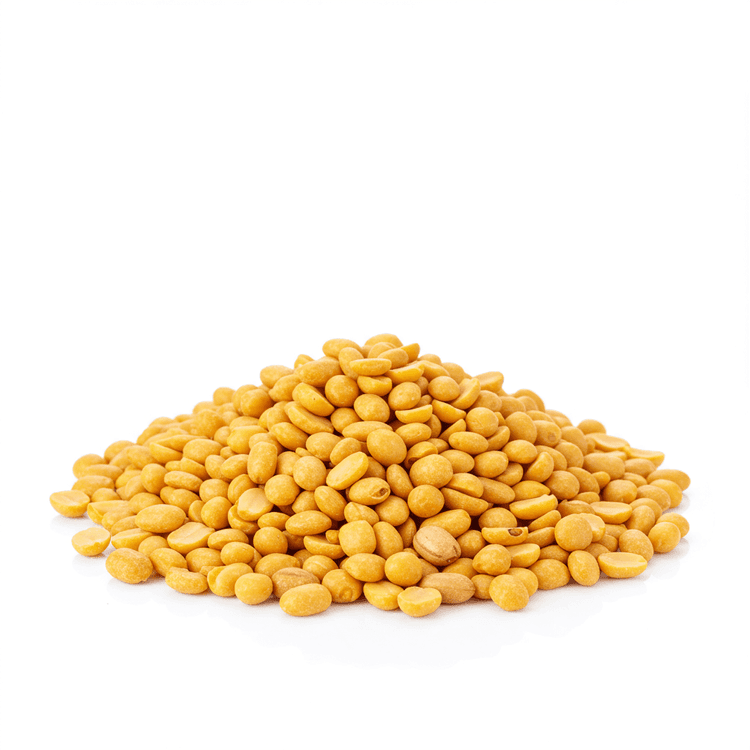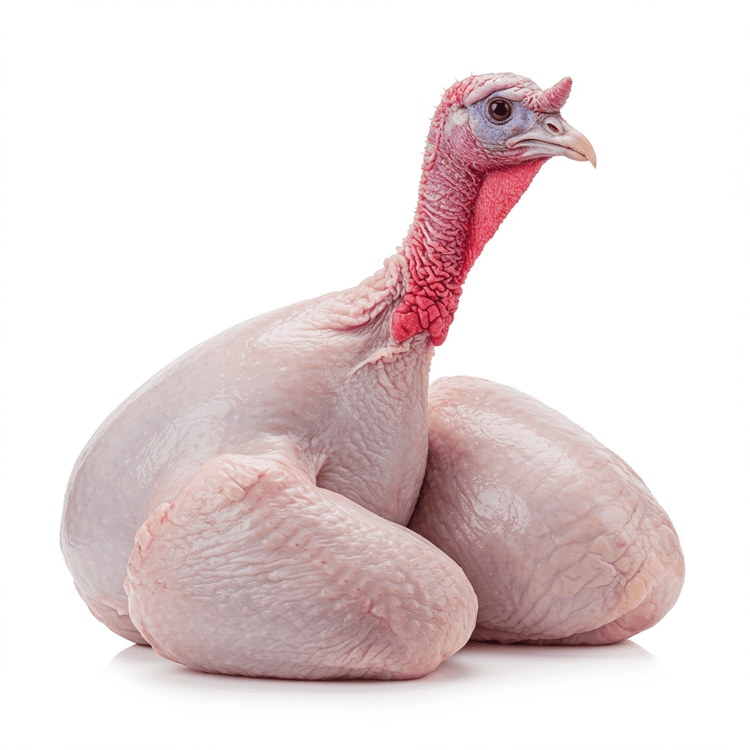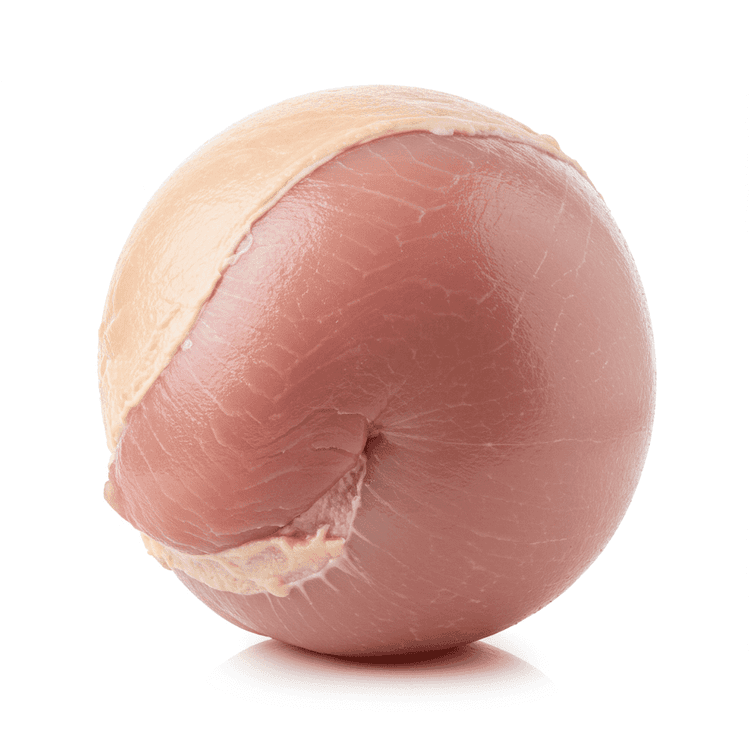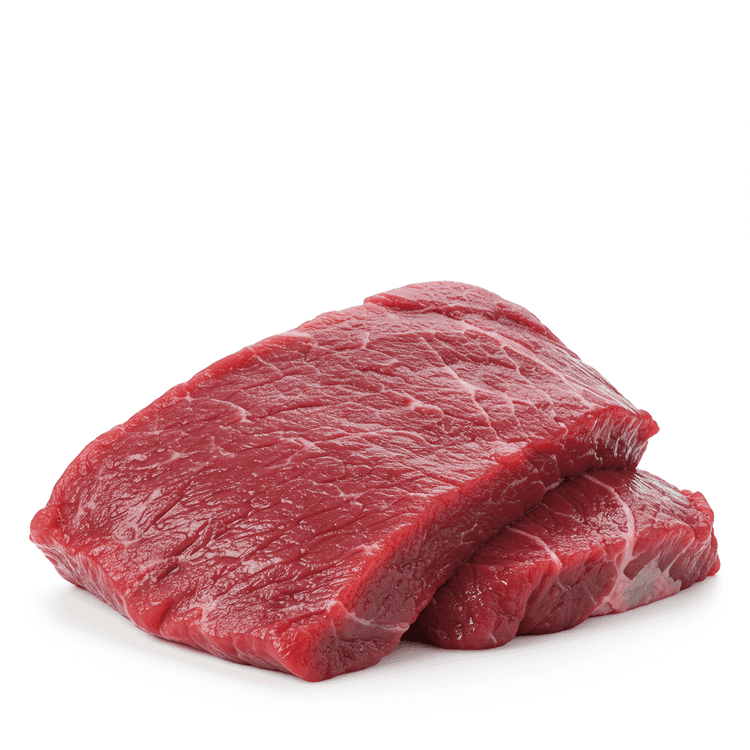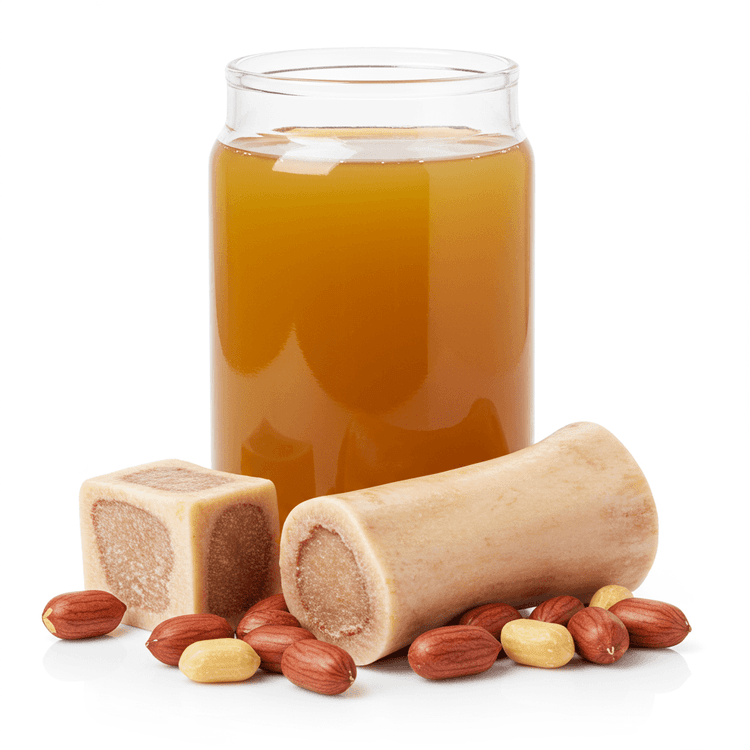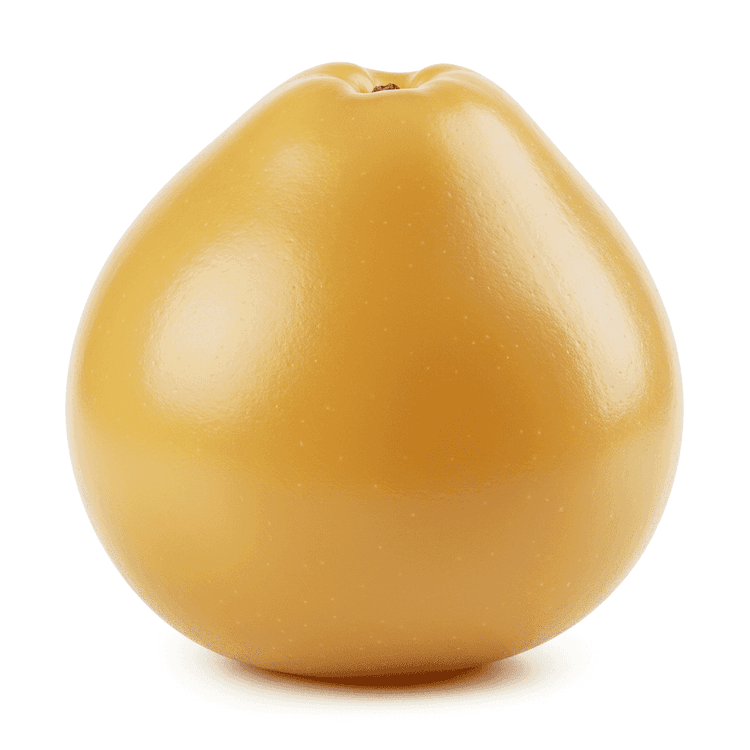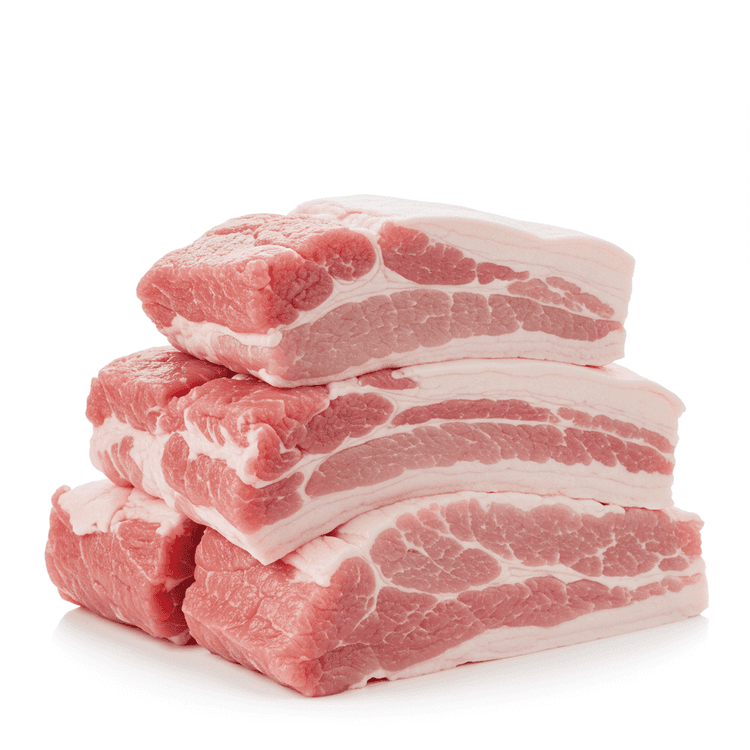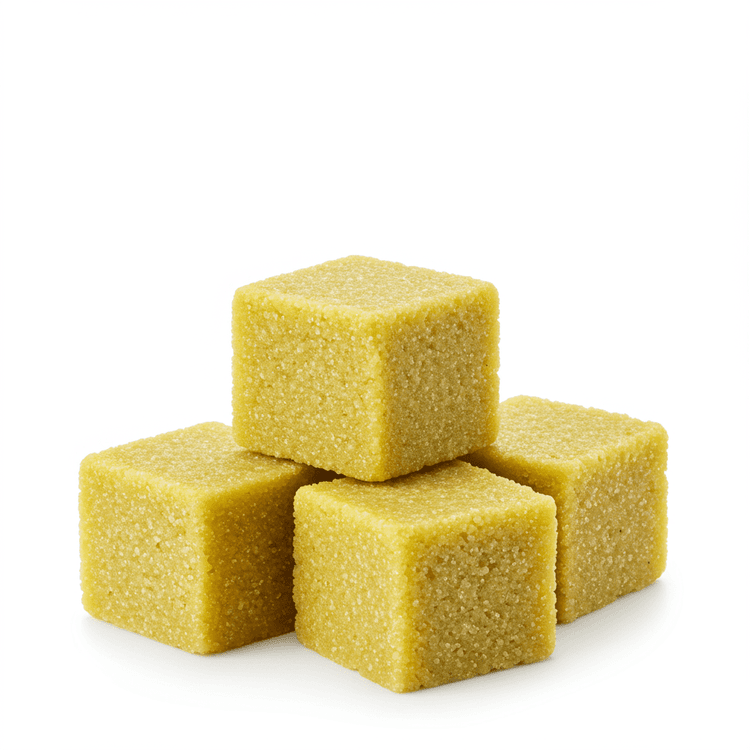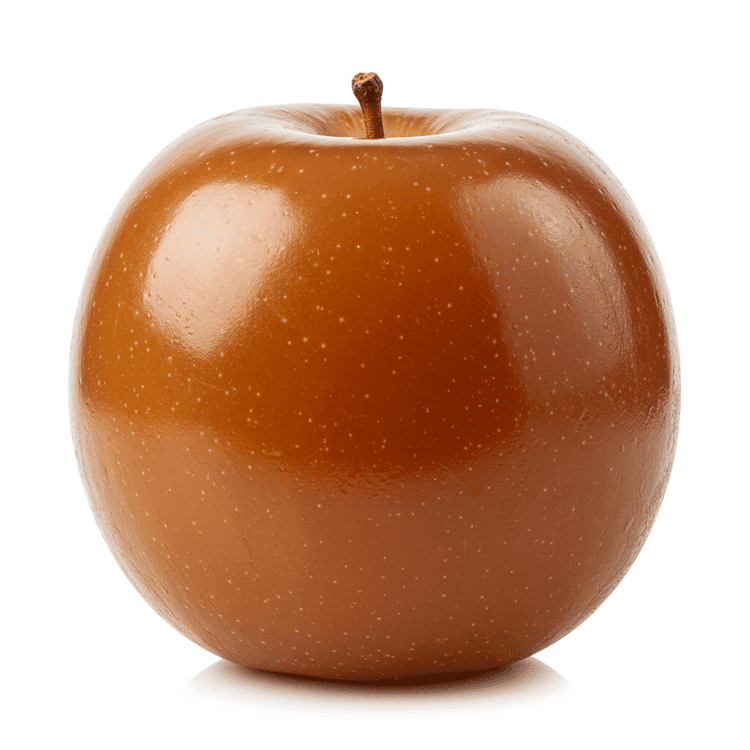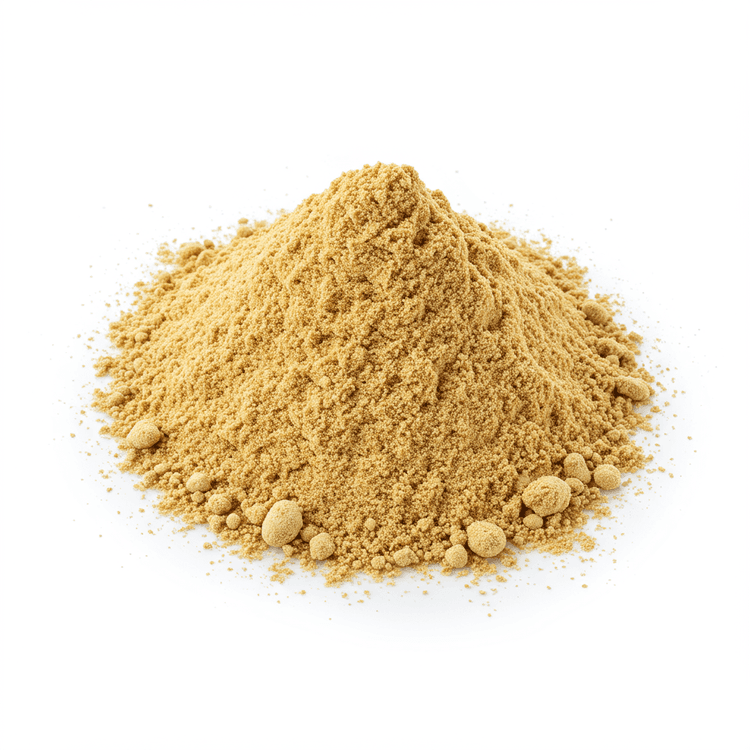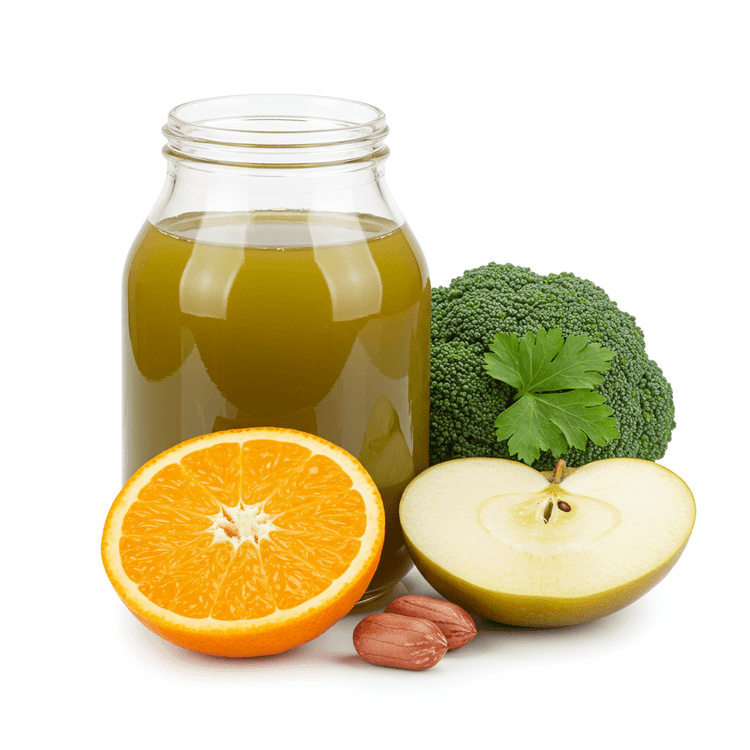
Vegetable Broth
Vegetable broth is a flavorful liquid made by simmering a variety of vegetables, herbs, and spices in water. It typically has a light, savory taste with subtle earthy undertones, depending on the ingredients used, such as carrots, celery, onions, and garlic. This golden to amber-colored broth is a versatile, plant-based alternative to meat-based stocks, offering a rich depth of flavor without any animal products. Vegetable broth is a staple in vegetarian and vegan cooking, prized for its ability to enhance soups, stews, and sauces with a wholesome, natural taste.
Common Uses
- Use vegetable broth as a base for hearty soups, such as minestrone, lentil soup, or creamy vegetable bisques, to add depth of flavor.
- Replace water with vegetable broth when cooking grains like rice, quinoa, or couscous for an extra layer of savory taste.
- Incorporate vegetable broth into sauces and gravies to create a rich, plant-based alternative to traditional meat-based options.
- Use it as a liquid for braising vegetables or tofu to infuse them with a subtle, savory flavor.
- Add vegetable broth to mashed potatoes or pureed vegetables for a creamy, flavorful consistency without the need for dairy.
- Use it as a base for light, flavorful risottos, enhancing the dish with its natural vegetable essence.
Nutrition (per serving)
Nutrition (per serving)
Calories
10.0kcal (0.5%)
Protein
0.5g (1%)
Carbs
2.0g (0.73%)
Sugars
1.0g (2%)
Healthy Fat
0.0g
Unhealthy Fat
0.0g
% Daily Value based on a 2000 calorie diet
Nutrition (per serving)
Calories
10.0kcal (0.5%)
Protein
0.5g (1%)
Carbs
2.0g (0.73%)
Sugars
1.0g (2%)
Healthy Fat
0.0g
Unhealthy Fat
0.0g
% Daily Value based on a 2000 calorie diet
Health Benefits
- A low-calorie base for soups, stews, and sauces, making it ideal for weight-conscious cooking.
- Packed with vitamins and minerals from vegetables, contributing to overall nutrient intake.
- Naturally low in fat and cholesterol, supporting heart-healthy meal preparation.
- Enhances flavor in recipes without the need for added salt or heavy seasonings.
- A versatile option for vegetarian and vegan diets, replacing meat-based broths in recipes.
Substitutes
Chefadora AI is here.
Experience smarter, stress-free cooking.
Storage Tips
Store unopened vegetable broth cartons in a cool, dry pantry away from direct sunlight. Once opened, transfer the broth to an airtight container if not already in one, and refrigerate it. Use within 4-5 days for optimal freshness. For longer storage, freeze the broth in portion-sized containers or ice cube trays for up to 3 months.
Marnirni-apinthi Building, Lot Fourteen,
North Terrace, Adelaide, South Australia, 5000
Australia
